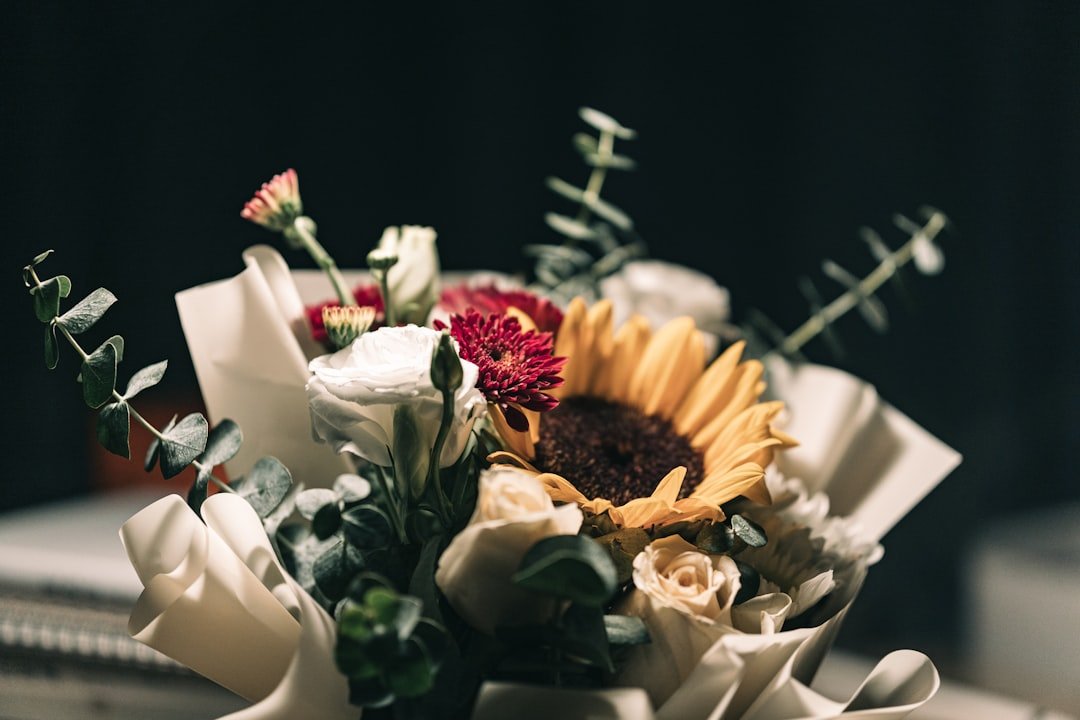
Funeral flowers have played an integral role in honoring the departed, expressing condolences, and providing solace to the grieving. Across different cultures and traditions, these blooms hold deep symbolic meanings that reflect respect, love, and the cycle of life. Let us embark on a journey to understand the profound cultural significance embedded in the language of funeral flowers.
The Historical Roots of Funeral Flowers
Throughout history, flowers have been used in funerary rituals dating back to ancient civilizations. From Egypt to Greece, Rome to China, flowers were believed to guide the departed into the afterlife and symbolize the beauty and impermanence of life.
Symbolic Meanings Across Cultures
In Western cultures, white lilies are a common choice for funeral arrangements, representing purity, innocence, and the soul's restored state in death. Meanwhile, in Asian cultures, chrysanthemums are prevalent as they symbolize honor, loyalty, and the cycle of life, making them popular choices for memorials.
The Language of Flowers
Floriography, the language of flowers, plays a significant role in the selection of funeral blooms. Each flower carries a unique meaning, allowing mourners to convey specific emotions and sentiments to the bereaved family and honor the deceased.
Common Funeral Flowers and Their Meanings
1. Roses: While red roses symbolize love and grief, white roses signify purity and resurrection.
2. Carnations: These flowers are often used to express admiration and remembrance of the departed.
3. Gladioli: Symbolizing strength, moral integrity, and infatuation, gladioli are a popular choice for funeral tributes.
Regional Variations in Funeral Flower Symbolism
Depending on the region, the symbolism of funeral flowers can vary significantly. For instance, marigolds are commonly used in Mexican Day of the Dead celebrations to guide the spirits of the deceased back to the world of the living.
Funeral Flower Etiquette
When selecting funeral flowers, it's important to consider the deceased's preferences, religious beliefs, and cultural background. Respectful choices that align with the family's customs can provide comfort and support during their time of loss.
Modern Trends in Funeral Flower Arrangements
While traditional funeral flowers remain timeless choices, modern trends have seen a shift towards personalized arrangements that reflect the unique personality and interests of the departed individual. From bespoke floral designs to eco-friendly options, there is a growing emphasis on creating meaningful tributes.
Expressing Condolences Through Flowers
Funeral flowers not only convey sympathy and support to the grieving family but also serve as a tangible expression of love and remembrance. By selecting blooms that hold special significance, mourners can offer a heartfelt tribute that honors the life and legacy of the departed.
Choosing the Right Funeral Flowers
When selecting funeral flowers, consider the personality, cultural background, and religious beliefs of the deceased. Whether opting for classic choices or unique blooms, the key is to create a meaningful and respectful tribute that pays homage to their memory.
A Lasting Tribute Through Nature's Beauty
In the intricate language of flowers, each bloom tells a story of love, loss, and the enduring beauty of life. As we unravel the cultural significance of funeral flowers, we discover a timeless tradition that honors the past, comforts the present, and embraces the future.
Embrace the rich tapestry of floral symbolism and pay homage to the lives that have touched ours, leaving an indelible mark on our hearts and memories.
